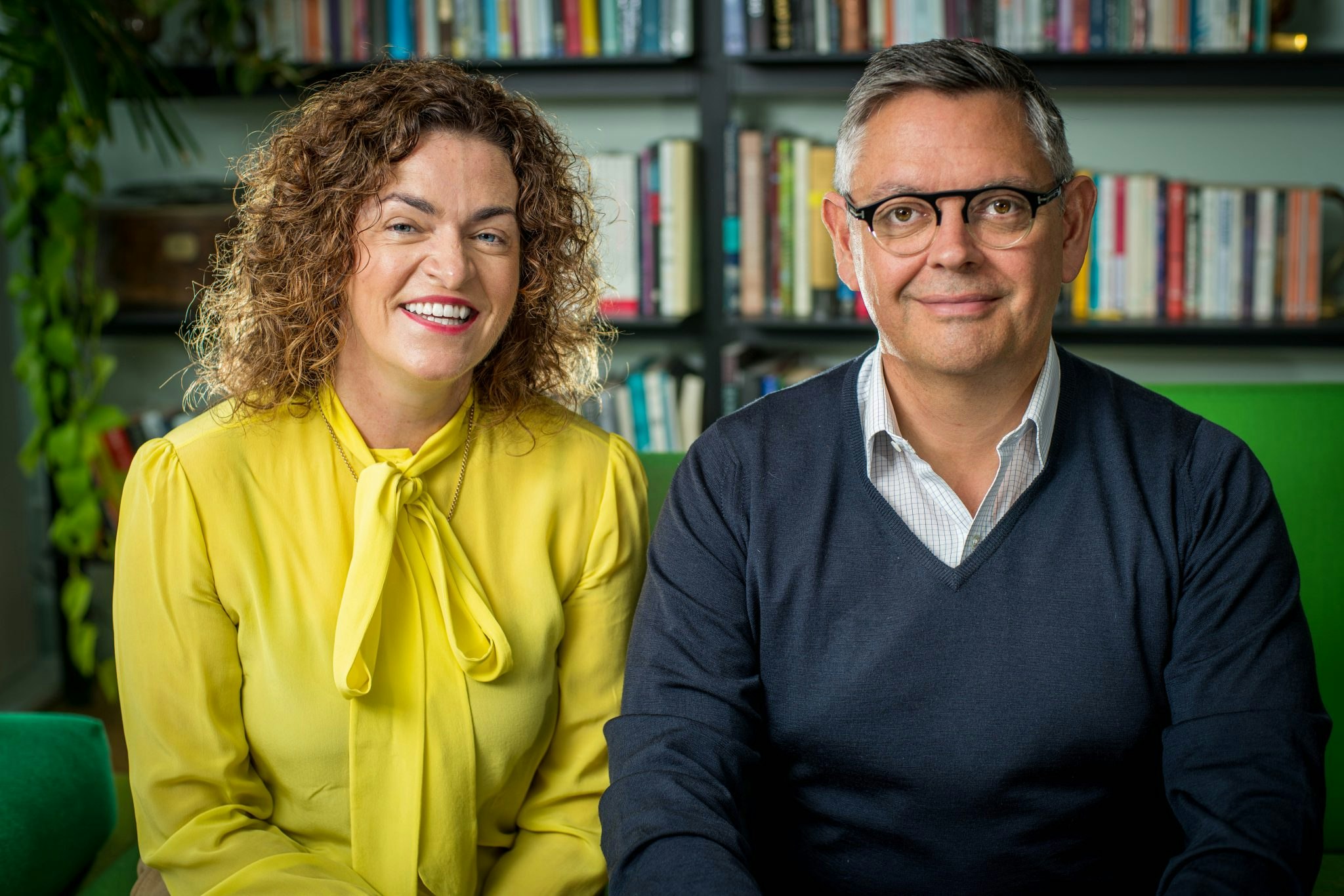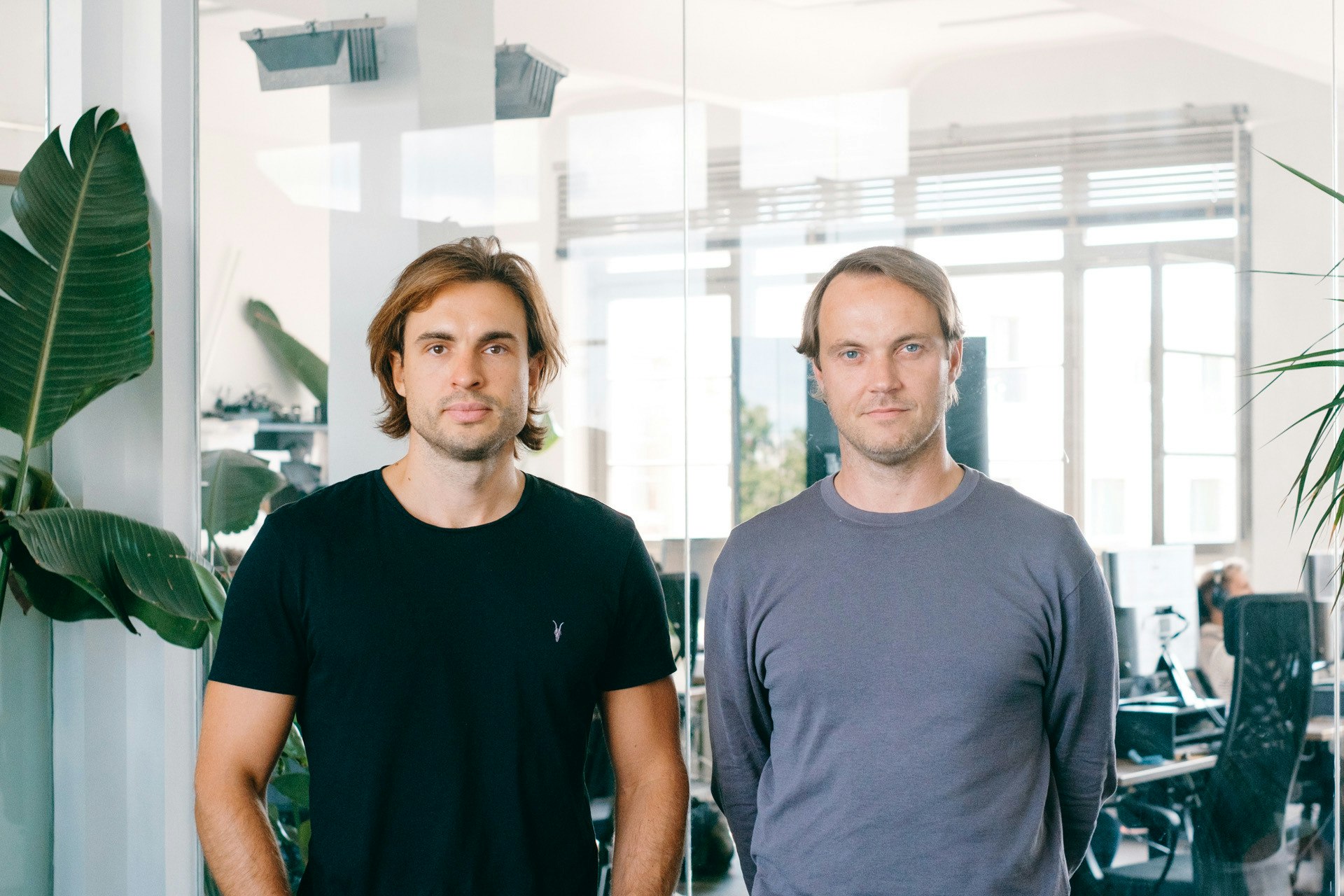LocalGlobe and Plural-backed energy storage startup Field has raised £200m in equity from infrastructure fund manager DIF Capital Partners to expand its battery projects in the UK and to move into Europe.
As interest in renewable energy grows, the need for storage solutions — and investor interest in backing them — is on the rise. In the last year, Field has become one of Europe’s fastest growing climate tech companies and has now raised £240m in total.
Field was founded by Amit Gudka, the cofounder of collapsed UK energy firm Bulb. Gudka left Bulb before the company went into administration, launching Field in 2020.
The company now has 53 employees. They’ve come from incumbent energy companies like Orsted and the UK’s National Grid, as well as startups like Glovo and Wise.
How does Field work?
Field develops battery systems to store energy generated during periods of low demand, which can then be released to the grid when demand is high.
The grid will be in increasing need of storage systems as it begins to integrate more renewable energy sources, like wind turbines and solar panels, which don't produce consistent amounts of energy every hour or day.
Alongside selling power back to the grid at times of high demand, Field also makes money by selling regulation services to grids, such as frequency stabilisation.
Field uses lithium-iron phosphate cells, which it buys from existing suppliers rather than making in-house.
“We’re currently sourcing our battery cells from a Chinese supplier, and other parts of our system from various European manufacturers,” says Luke Gibson, chief operating officer at Field.
Where is it active?
Field is currently operating a 20MWh battery project in Greater Manchester in the north of England. It has another four sites under construction, totalling 210MWh of capacity, across the UK.
Field is now eyeing European expansion, after announcing moves into Italy. “We are actively developing a pipeline of battery storage projects in strategic locations across Italy,” says Gibson, as well as “actively targeting sites in further European countries, including Spain and Germany.”
Field was first backed by London-based VC Giant Ventures. It then raised a £77m round in 2022 — £30m in equity and £47m in debt. Equity backers included Plural and LocalGlobe. The debt facility came from Triple Point Energy Efficiency Infrastructure.
Sifted take
Batteries — both for electric vehicles and energy storage — are central to the green transition. Projects producing or deploying batteries have become hot property for investors.
One of the largest startups in the market is Sweden’s Polarium, which is developing battery storage for companies. Polarium, which is valued at $1.2bn, recently announced a collaboration with green energy startup Tibber to provide batteries to the residential market too.
Energy storage startups are part of a new wave of startups in Europe which are building infrastructure — things like gigafactories, solar parks and energy storage systems. Infrastructure is capex intense, meaning the startups building it are looking to more diverse forms of capital beyond just VC. Field’s investment from DIF Capital Partners is a good case in point.


